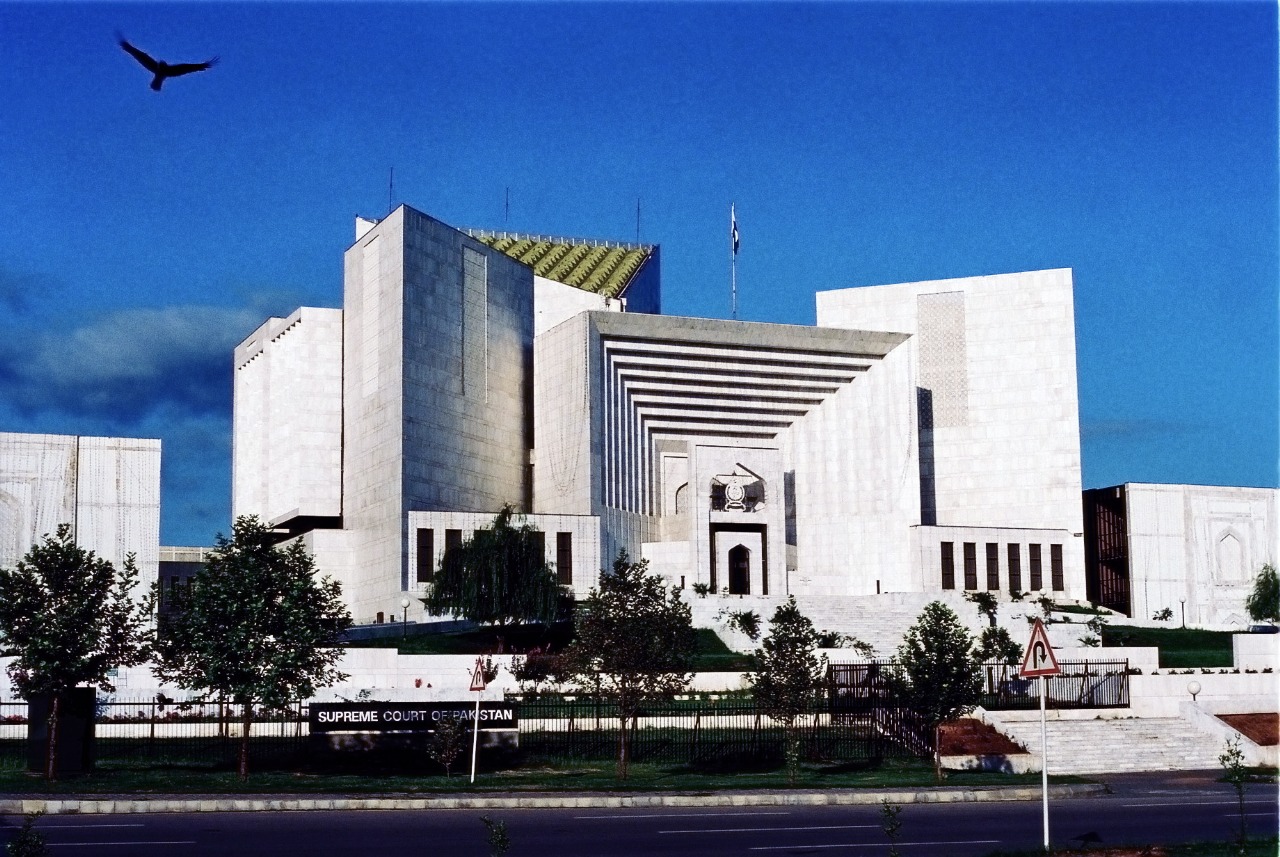ISLAMABAD – In a significant move aimed at safeguarding marital rights and reducing legal disputes, the Supreme Court has called on federal and provincial governments to revise the standard marriage contract, or Nikahnama, and ensure that only trained and qualified individuals are allowed to officiate marriages as registrars.
The landmark decision, authored by Justice Athar Minallah, came in response to two appeals involving a dispute over the dower clause in a Nikahnama. The court underscored the pressing need to make the document simpler, clearer, and more accessible, especially for ordinary citizens.
Justice Minallah emphasized that current forms of the Nikahnama are riddled with vague and confusing language, which frequently leads to misinterpretations and legal challenges. “A literate person of ordinary prudence should be able to understand the columns and their implications without difficulty,” the 22-page judgment stated.
The verdict noted a growing number of marital disputes reaching the apex court due to unclear wording and poorly completed contracts. The court recommended a comprehensive review of the standard Nikahnama annexed to the Family Rules, with a view to making it more user-friendly and reducing ambiguity.
Call for Competent Registrars
Justice Minallah also highlighted the critical role of nikah registrars in ensuring the rights of both parties—particularly women—are upheld. He observed that many disputes could have been avoided had the registrars properly fulfilled their responsibilities.
Under Section 5(2) of the Muslim Family Laws Ordinance, nikah registrars are licensed officials tasked with accurately recording the intentions of the bride and groom. However, the court warned that unqualified or negligent registrars can jeopardize those rights.
To address this, the court urged the government to define clear qualification standards and enforce a system of training and evaluation for registrars. The judgment stressed that personal or cultural biases must not override the legal rights guaranteed to women under Islamic and civil law.
Provincial Legislation and Enforcement
In Punjab, recent legislative measures already require registrars to fill out Nikahnamas completely and with precise answers from both parties. Failure to comply can result in penalties, including up to one month in jail and a fine of Rs25,000.
The Supreme Court acknowledged these efforts as a model for other provinces and emphasized that such measures are essential to protecting women from exploitation and ensuring swift resolution of marital disputes.
Administrative Directives
The judgment concluded with instructions for copies of the ruling to be sent to the federal cabinet secretary and provincial chief secretaries. The court expressed hope that authorities would take prompt and effective action in line with the recommendations.
“We expect meaningful reforms to be implemented to safeguard the rights of both spouses, particularly women, who often face disproportionate vulnerabilities due to entrenched social norms,” the verdict said.
This ruling marks a pivotal step toward modernizing Pakistan’s marriage registration process and strengthening legal protections for women entering into marriage.






This Post Has One Comment
Simplifying the Nikahnama is definitely a step in the right direction, but I hope the reforms also include efforts to educate the public. Even a clear form won’t help much if people don’t understand what to look for when filling it out.